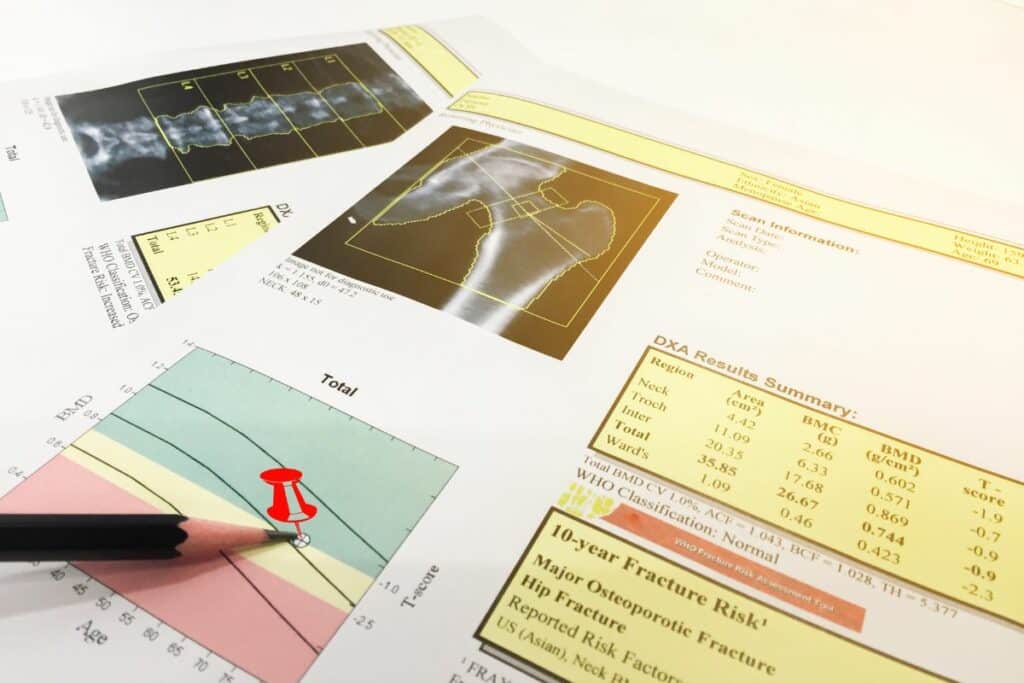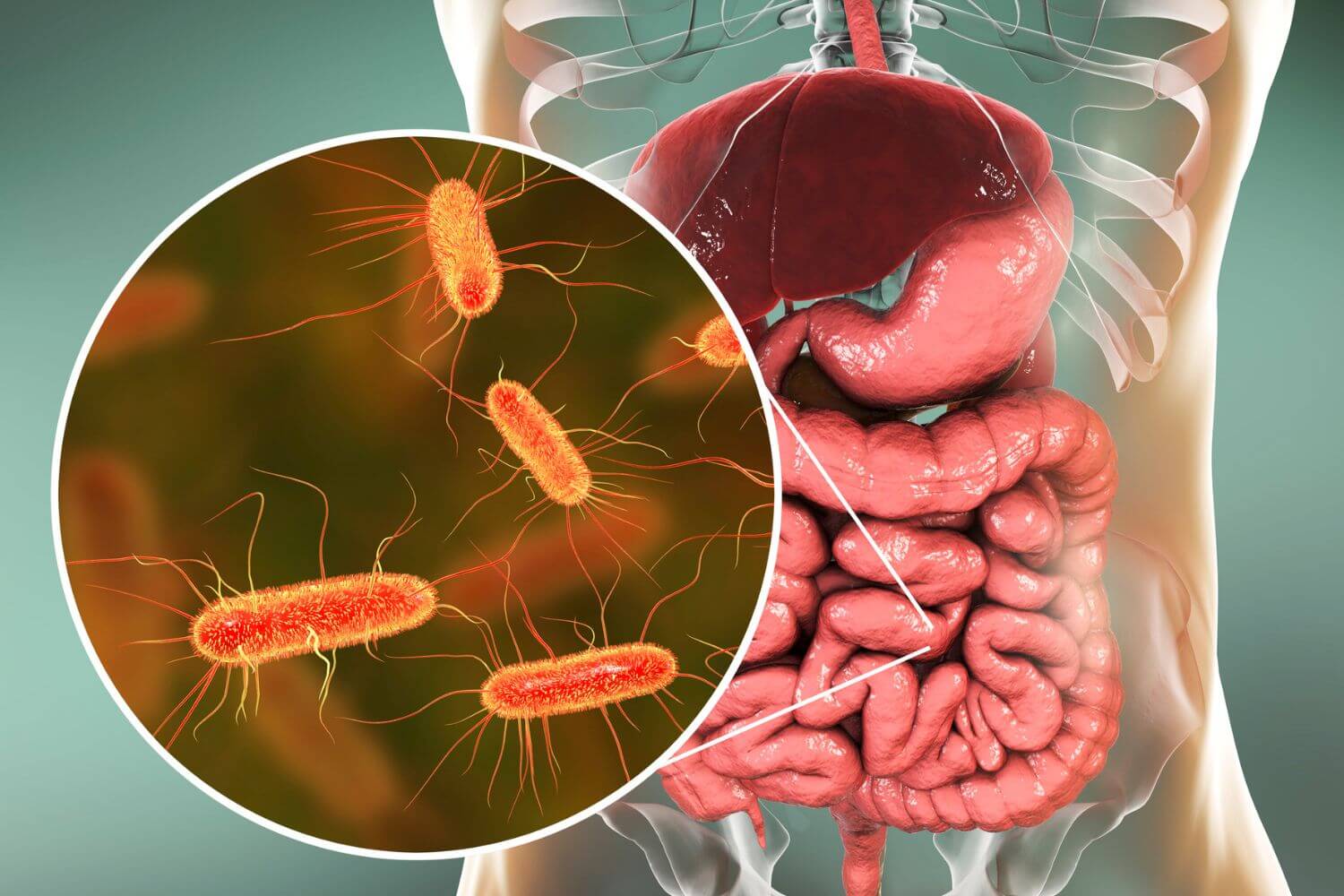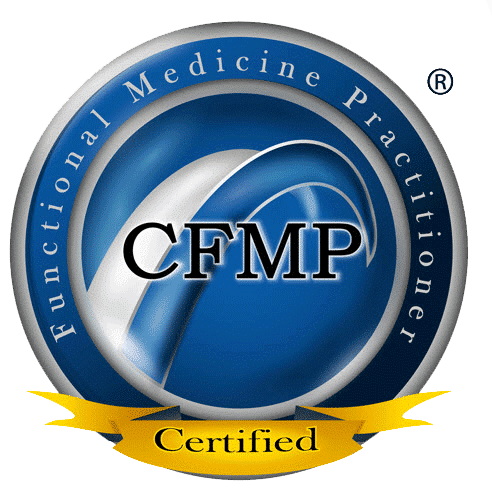Menu
- Anti-aging, Menopause
Menopause and Natural Approaches: A Comprehensive Overview

Menopause, a significant phase in every woman’s life, marks the end of menstrual cycles. It’s a natural part of aging that often brings along symptoms which can significantly impact one’s quality of life. However, an array of natural approaches can help alleviate these discomforts. Shelly Weber-Tompkins, a renowned natural health and wellness specialist based in San Diego, shares her expertise in this comprehensive guide, offering actionable insights to make your menopause journey more manageable.
Understanding the Natural Changes During Menopause
Around the age of 50, most women begin to experience menopause. This phase is characterized by the ovaries producing less estrogen, while adrenal glands and fat tissues continue to produce smaller amounts of this hormone. This shift often leads to common menopausal symptoms such as hot flashes, mood swings, anxiety, irritability, depression, and vaginal dryness, which can cause discomfort during intimacy. In this section, we delve into these changes, equipping you with the knowledge to better handle this new phase of life.
Understanding these changes requires a deep dive into hormonal transitions. The decrease in estrogen levels affects various parts of the body— from the brain, affecting moods and emotions, to the skin, causing dryness and loss of elasticity. Despite the challenges, these changes are a natural part of life and signal the beginning of a new chapter.

Dietary Influence on Menopause: The Power of Nutritious Food Choices
The food we eat plays a massive role in how our bodies handle various life stages, including menopause. Interestingly, women who adhere to traditional Asian diets—rich in fiber but low in meat and fat—tend to report fewer menopause symptoms. On the other hand, Western diets, which tend to be higher in meat and fat and lower in fiber, are linked to higher estrogen levels, which can exacerbate menopausal symptoms.
Further evidence from Mayan and Greek studies supports the correlation between diet and menopausal experiences. The Mediterranean Diet, especially its anti-inflammatory version, has shown promising results in alleviating menopausal symptoms and promoting bone health. Let’s explore how adjusting your diet can help manage menopause symptoms effectively.
The Mediterranean Diet emphasizes fruits, vegetables, whole grains, and lean proteins such as fish and poultry. It’s also high in healthy fats, such as olive oil and nuts, which can help balance hormones and maintain heart health. Including foods rich in phytoestrogens, like fruits (plum, pear, apple, and berries), vegetables (beans, sprouts, cabbage, spinach), and flaxseeds, can mimic the effects of estrogen in the body and help reduce symptoms like hot flashes and night sweats. Choosing organic produce is very important, when possible, as pesticides can have a negative impact on hormones and the female reproductive system (males as well!)
Some pesticides may interfere with the female hormonal function, which may lead to negative effects on the reproductive system through disruption of the hormonal balance necessary for proper functioning. Previous studies primarily focused on interference with the estrogen and/or androgen receptor, but the hormonal function may be disrupted in many more ways through pesticide exposure. https://www.ncbi.nlm.nih.gov/pmc/articles/PMC1524969/
For the 2023 “Clean 15” and “dirty dozen”, please go to: https://www.ewg.org/foodnews/ this will inform you of the foods that are found to have less pesticide, versus those heavily pesticided and should only be consumed if organic.
Strategies for Treating Hot Flashes Naturally
Hot flashes, a common symptom of menopause, can be managed through a combination of a low-fat, vegetarian diet, and regular aerobic exercise. Additionally, herbal supplements such as black cohosh, dong quai, rehmannia, and licorice are part of many herbal blends designed to address menopausal symptoms. In this section, we’ll unpack these natural strategies to help you cool down hot flashes.
Aerobic exercises like jogging, cycling, and swimming can help regulate body temperature and improve cardiovascular health. Strength training exercises are also beneficial as they can help maintain muscle mass and bone density. It’s important to remember that excessive exercise can lead to hormonal imbalances, so finding a balance that works best for you is essential.

Hormone Replacement Therapy (HRT): A Closer Look
Hormone supplements, another avenue for managing menopause, come in various forms. While Estradiol, a type of estrogen, has been associated with a heightened cancer risk, Estriol appears to be safer and doesn’t seem to increase cancer risk. Plant-derived creams containing DHEA and/or Estriol can help reduce menopausal symptoms. However, they should always be used under physician supervision, and in conjunction with progesterone, particularly if there’s a family history of high cancer risk. They should only be recommended after having sufficient hormone testing done, so you only take what is needed and are not thrown any further out of balance. Let’s delve deeper into the world of HRT and understand its pros and cons.
Estrogen therapy, the most effective treatment for hot flashes, can also help prevent bone loss. However, it’s not without risks. Long-term use of estrogen can increase the risk of blood clots and certain types of cancer. That’s why many women look for alternatives. Bioidentical hormones, which are chemically identical to those produced by the body, are gaining popularity. They’re believed to carry fewer risks than traditional hormone therapy, but more research is needed to confirm their safety and effectiveness. As we age, progesterone levels decline even faster than estrogen, and may work well as an HRT in combination with estriol so you get both in one cream.
Natural Solutions for Alleviating Vaginal Dryness
Phytoestrogens found in plants may help alleviate menopausal dryness. Plant-derived estrogen and progesterone creams can also help maintain a moist vaginal lining. However, these creams should not be used as sexual lubricants. DHEA creams can also be helpful if hormonal tests show a decline in this hormone. Even vaginal steaming with specific herbs can help heal inflamed tissue and provide moisture. In this section, we’ll explore these natural remedies to help you combat dryness effectively.
Vaginal dryness can greatly affect a woman’s quality of life, leading to discomfort and pain during sexual intercourse. Regular use of vaginal moisturizers, lubricants, and even stem cells, can help maintain vaginal health, as long as they’re not full of additives. Regular sexual activity can also promote blood circulation and keep the vaginal tissues elasticity, unless it’s too painful, then baby steps (check out ohnut.com, for a helpful option) Lastly, staying well-hydrated by drinking plenty of water can help maintain overall skin and vaginal health.
Acupuncture and Menopause: An Ancient Solution
Acupuncture, an ancient practice from TCM, has been used for millennia to balance the body. Some studies suggest that acupuncture can alleviate menopausal symptoms like hot flashes, mood disturbances, and sleep problems. Let’s dive into the world of acupuncture and understand how it can offer relief during menopause.
Acupuncture involves inserting very thin needles into specific points on the body to stimulate energy flow. This traditional practice is believed to restore balance and promote self-healing. When it comes to menopause, acupuncture can help regulate the body’s temperature control, reducing hot flashes. It can also help balance hormones, reducing mood swings and improving sleep quality.
Psychological Effects of Menopause and Natural Coping Strategies
Menopause can lead to psychological effects such as anxiety, depression, irritability, and memory lapses. Adjusting your diet, incorporating regular exercise, trying acupuncture, practicing meditation, and taking certain herbs and/or supplements can help stabilize mood swings. In this section, we’ll explore these strategies, offering you tools to maintain mental well-being during menopause.
Practices like yoga and meditation can help manage stress and anxiety, both of which can worsen menopausal symptoms. These practices can also improve sleep quality, which often deteriorates during menopause. Cognitive-behavioral therapy (CBT) can also be beneficial. CBT is a type of talk therapy that can help women change negative thought patterns and behaviors contributing to their symptoms. Working on activating the parasympathic nervous system with: deep breathing exercises, good belly laughing, humming, hard gargling, and getting out in nature, are all ways to minimize stress and help our nervous system and hormones work more effectively.

Bone Health and Menopause: Importance and Natural Solutions
Post-menopause, the risk of osteoporosis increases. It’s crucial to limit factors that aggravate calcium loss, such as animal protein, sodium, caffeine, and tobacco. Regular weight-bearing exercises and a balanced diet rich in green vegetables and low in meat can ensure better calcium absorption and overall bone health. Let’s discuss the importance of bone health during menopause and how to maintain it naturally.
Bone health becomes a priority during and after menopause due to the decreased production of estrogen, a hormone that helps protect against bone loss. Weight-bearing exercises like walking, jogging, and dancing can help maintain bone density. Resistance exercises like lifting weights can also strengthen the muscles and bones. Getting enough vitamin D and calcium is crucial for bone health, but also finding a good bone-building supplement that also contains Strontium, Boron, and Silica can really help. Good sources of calcium include dairy products, leafy green vegetables, and fortified foods. Vitamin D can be obtained from sunlight, fatty fish, and fortified foods.
In conclusion, while menopause is a natural process, it doesn’t have to be a distressing or uncomfortable one. With the right diet, exercise, and natural remedies, you can navigate this phase with ease and grace. As always, consult with a healthcare professional like Shelly Weber-Tompkins before making any significant changes to your diet or health routine. Stay tuned for more insightful guides to help you lead a healthier, happier life.
As we wrap up our discussion on menopause, it’s important to note that there are a variety of resources available for those navigating this life transition. In our Fullscript store, Shelly offers carefully curated protocols specifically designed for menopause.
These protocols consist of high-quality supplements that have low to no fillers, ensuring you’re only putting the best into your body. Shelly understands the unique challenges that come with menopause and has hand-picked these products to help ease symptoms and promote overall well-being during this time.
Visit Shelly’s Fullscript store today to explore the range of menopause protocols available and start taking steps towards a more comfortable and manageable menopausal journey. Remember, it’s not just about managing symptoms – it’s about enhancing your health and quality of life during menopause and beyond.

About Shelly Tompkins
Shelly Tompkins, L.Ac, C.F.M.P is a renowned women’s health, fertility & wellness expert and licensed acupuncturist, herbalist and functional medicine practitioner in private practice in San Diego, CA. She has extensive training and experience and has been in private practice for 35+ years and also taught at Pacific College of Oriental Medicine for 24 of those years. Shelly has worked with thousands of women, from puberty through senior years, to find answers and solutions to their overall health and hormone imbalances and more.
Her practice includes the use of laboratory testing to be able to find the answers to many of the health issues experienced in women and men. Through these labs, health history, and other tests, the assessments not only give answers, but ways to treat the body as a whole, so it works in its best capacity for healing.
If this article helped you - share it!
Facebook
Twitter
LinkedIn
More Articles you may like
Functional Medicine
Unlocking the Secrets of the Thyroid’s affect on Metabolism and overall Health
Tucked away beneath the delicate framework of your collarbone lies a butterfly-shaped gland that plays a pivotal role in our overall health—the thyroid.
Read More →
Health and Wellness
Is Your Gut Making You Sick? An In-depth Guide to Four Crucial Gut Health Tests
One aspect of our health that we often overlook is our gut health, which functions as a linchpin in our overall well-being, influencing everything from ...
Read More →
Health and Wellness
Nebulizing Glutathione for Lung Health: An Integrative Medicine Approach
In the past few years, there has been growing concern about lung health due to various factors, including breathing difficulties after COVID-19, low air quality, ...
Read More →






